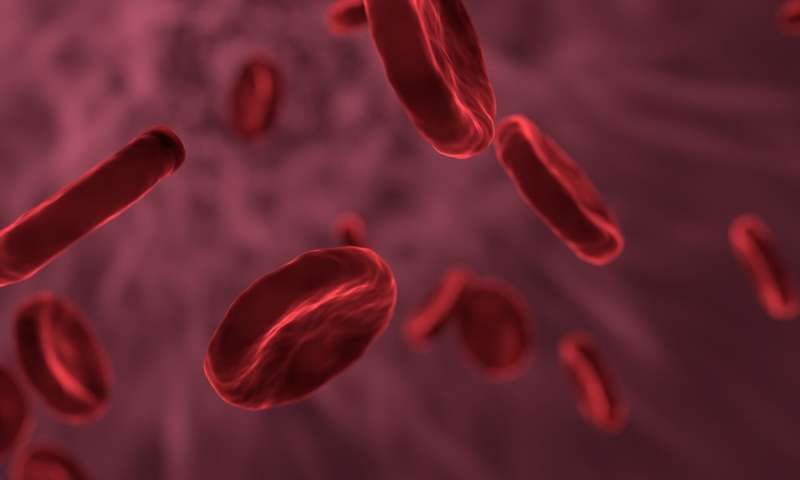
If you want to protect your brain, get busy protecting your heart.
Lifestyle behaviors that boost cardiovascular health, such as physical activity and quitting smoking, also contribute to good cognitive health.
It starts with adequate blood flow.
“If the heart isn’t pumping strongly or the blood vessels leading to or in the brain are not working right, the brain won’t get enough of the food and energy it needs to function,” said Dr. David B. Wheeler, stroke center medical director at Wyoming Medical Center and founder of Wyoming Neurologic Associates.
Failing brain function can impair thinking, memory, concentration, energy levels and bodily systems regulated by the brain. Stroke and dementia, including Alzheimer’s disease, are some of the most serious risks of poor brain and heart health.
Although it is normal for the brain to become less efficient with aging, maintaining good heart health can help the brain function well in later years, Wheeler said. One recent study even found cardiovascular health in childhood may impact cognition in adulthood.
Another recent study found stiffening of the arteries is linked to reduced blood flow in the brain. It’s possible that harmful blood pressure resulting from stiffening of the arteries might injure the brain’s smaller, more fragile blood vessels, said the study’s lead author Angela Jefferson, a professor of neurology and director of Vanderbilt Memory and Alzheimer’s Center in Nashville.
High blood pressure has been linked to atherosclerosis, a buildup of plaque in the arteries. If high blood pressure is left untreated and plaque accumulates, plaque may rupture and cause strokes, Wheeler said, noting that even though individually these little strokes may not cause symptoms, they can interrupt connections between regions of the brain.
Ultimately, he said, high blood pressure and damage to arteries increases the risk for symptomatic stroke or hemorrhages in the brain, which can be debilitating or even fatal.
But there are ways to safeguard heart and brain health.
“Exercise is extremely important to maintaining good brain health,” Wheeler said. “A little bit of exercise is vastly superior to no exercise. I encourage my patients to just get up and do whatever it is they most enjoy.”
https://youtube.com/watch?v=6sDq_CZlcGM%3Fcolor%3Dwhite
Federal guidelines recommend working your way up to at least 150 minutes a week of moderate exercise plus two sessions per week of muscle-strengthening activity.
A mixture of physical activities may be the most effective approach for improving brain health, Wheeler said, adding that people can enhance physical activity by using the mind in games and social interactions during exercise.
Another crucial factor for heart and brain health is not smoking.
“Quitting smoking today will do as much for lowering the risk of stroke and dementia as almost all other medical interventions combined,” he said. “Smoking is by far one of the most significant contributions to cerebrovascular disease.”
Three out of five Americans will develop a brain disease, which can impact quality of life as well as finances. The total cost of Alzheimer’s, dementia and stroke is projected to surpass $1 trillion by 2030.
Teaching young people to make healthy lifestyle choices early, including eating healthy, exercising and not smoking or vaping, is important to help curb those statistics. But at any age people can take action to improve their future health.
“We are never too young or too old to make healthy lifestyle choices,” Jefferson said. “Emerging evidence suggests vascular risk factors in mid-life may have important implications for cognitive decline in late life.”
For example, newly published National Institutes of Health-funded research found aggressive blood pressure management may reduce cognitive decline in middle-age and older adults.
Furthermore, getting physically active during middle age may boost brain health later in life, and light strength training slows age-related changes in the brain.
While people cannot change genetics, knowing their family history of cardiovascular disease can help in paying attention to lifestyle and controlling specific risk factors, such as cholesterol and blood pressure.
Finally, remember to stay active intellectually, emotionally and socially, Wheeler said. That might involve reading, listening to music, pursuing hobbies or talking to friends.
Source: Read Full Article
